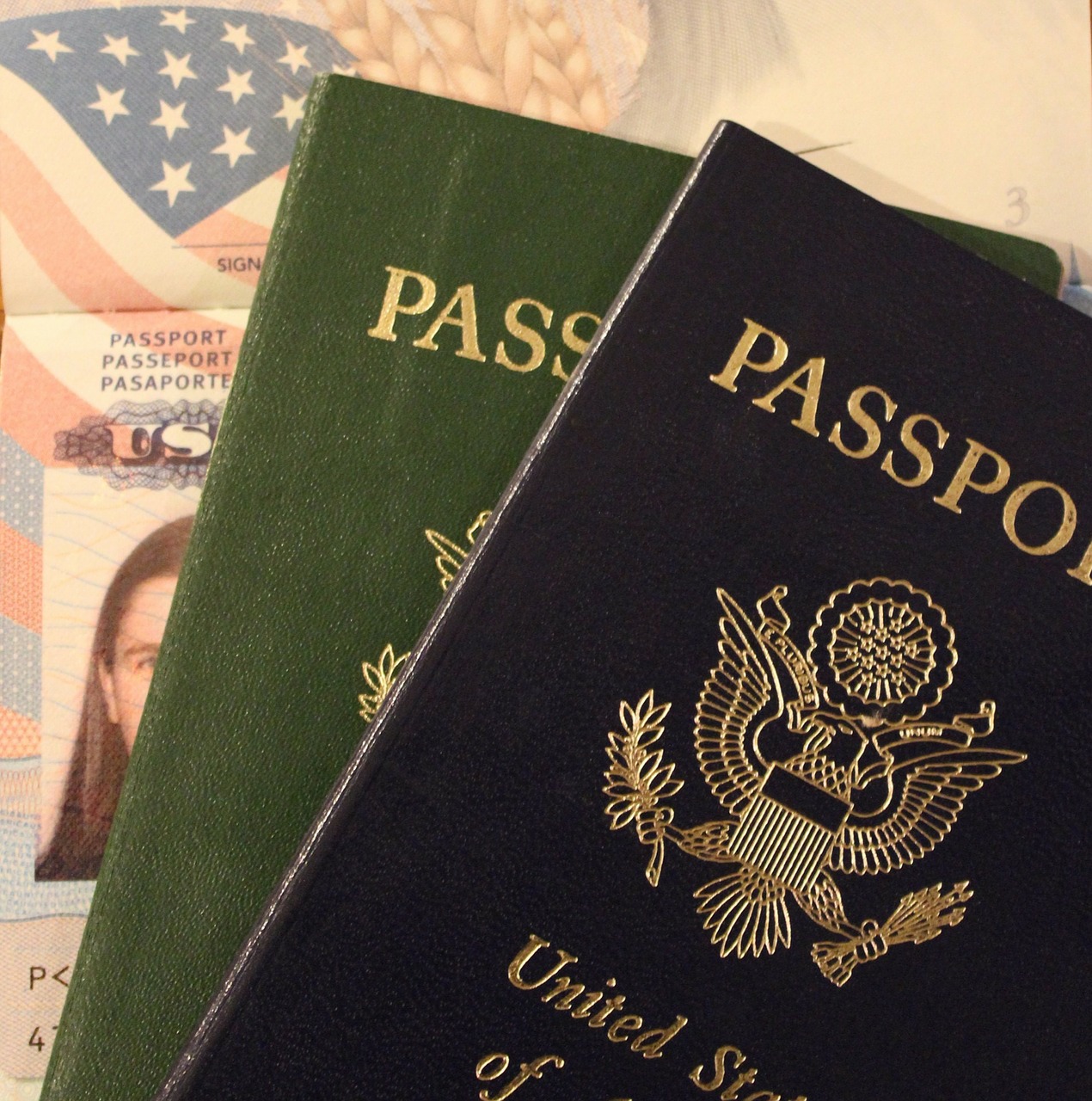QUINCY, Mass. (RNS) Sayed Mohammad Jawad Al-Qazwini was 12 years old when his family fled Iran and settled in Los Angeles. Now 28, he sat with some 70 Shiite Muslims at the Iman Islamic Center on a recent Friday night, preaching about the Mosque of the Trash Picker in Iran, and a Turkish mosque peculiarly named “As if I have eaten.”
The variation in the proper way to pray is one among several differences that exist between Shiites, who make up about 15 percent of Muslims globally and in America, and the majority of Sunnis. Until recently, those differences mattered little in the United States, where the two groups bonded as Muslim minorities and prayed in the same mosques.
“There weren’t enough of either to justify the cost of building sectarian mosques, and because in general, early generation immigrants were less focused on establishing formal houses of worship,” said Andrea Stanton, a religious studies professor at the University of Denver.
That is changing, however, as American Shiites are increasingly establishing their own mosques. According to “The American Mosque 2011,” a survey sponsored by several Muslim American organizations, 7 percent of roughly 2,100 mosques in America are Shiite, and most have been built in the last 20 years.
One reason: Shiites have become numerous and financially strong enough to manage the expensive process of buying or building their own mosques. Another factor: the growth in Shiite populations as immigrants flee persecution in Iraq, Bahrain, Saudi Arabia, Afghanistan, and Pakistan, where Taliban gunmen recently executed at least 22 Shiite bus passengers.
Many Shiite Muslims say that while American mosques profess to be open to any and all Muslims, they tend to be Sunni in practice and can be hostile to Shiite beliefs and practices.
While American mosques once offered a reliable refuge from this persecution, Shiite immigrants who have come more recently have found some mosques unwelcoming to their creed.






